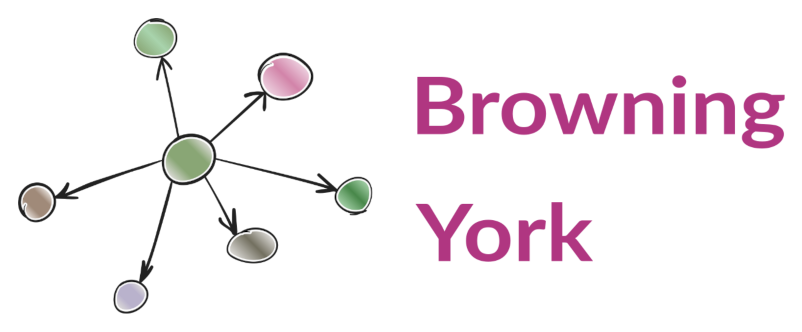To mark Trustees’ Week 2019, which took place from 4 to 8 November, my guest blogger, communications consultant and not-for-profit Board member Helen Deakin, talks top tips for engaging with your Board on communications.
Are you looking to contribute to a great cause and advance your own professional development? Has becoming a trustee ever been on your ‘to do’ – or ‘someday maybe’ – list?
This month we marked Trustees’ Week, an opportunity for charities to come together to celebrate the contributions of their trustees and encourage more people to bring their skills and lived experience to Boards. This year’s theme focused on doubling the number of young trustees on boards by 2024.
One in 12 trustees are named either John or David. Fewer than 3% of trustees are under 30.
It’s no secret that board diversity is an issue.
We are #YoungTrustees. We are building a movement and taking holistic action to combat this.
Join us -> https://t.co/TmPYcUjBI0 pic.twitter.com/hxvBb7qeBY
— Young Trustees Movement (@YoungTrustees) October 9, 2019
I became a young trustee at 22, the same age that I started working in communications within the charity sector, and I’ve continued to learn from serving on different Boards throughout my career.
Becoming a trustee is a great way to develop your leadership and committee experience. Rather than being involved in day-to-day delivery, you shape the strategic direction and management of an organisation.
By taking on this voluntary role, you also get an invaluable opportunity to see things from the other side of the board table. This can help you to further understand how your work in communications can support the Board of your own organisation, and in turn drive the organisation’s success.
Being a trustee necessitates a different perspective. To consider your communications from their viewpoint, here are three key tips:
1. Are you continually demonstrating the strategic value of communications?
Trustees will view communications through the prism of how you affect their main responsibilities: good governance, finance, and resilience.
When you talk to your Board, check that you are always bringing back your focus to the impact of communications on:
• Income generation
• Mitigating risks for the charity, including reputational risk
• Delivering the charity’s organisational goals
There is an excellent and comprehensive best practice guide on getting into this mindset from CharityComms on How to talk to your trustees about comms.
If you’re able to attend Board meetings to present or simply observe parts of the meeting, this can really help build relationships and get an understanding of Board members’ priorities too.
2. Can you share more of your own insight with your Board?
I took a quick poll of members of the Third Sector PR & Comms Network to see how they are engaging with their Board. The top three ways were reports to Board meetings, providing email updates, and senior leadership attending Board meetings.
Take a look back at your recent reports and updates, and review what information is being shared with your Board. Alongside metrics on what’s being delivered, are you sharing useful insight that can inform future planning and risk management for the charity? Could you support trustees by providing a horizon scanner of key external events coming up? Could you summarise new external research about what your supporters and service users feel about your cause?
3. Have you asked your Board about what support they would like?
See if you’re able to spend some time with your Board to ask about their communication preferences, and then make sure you are delivering on these.
As we’re all aware, communications need to be timely and tailored to build up trust. A quick win with your trustee communications could be ensuring that your Board are on your list alongside journalists to be pre-briefed on major announcements or PR activity, to ensure they are not seeing things for the first time in the press. You could also add your trustees to your email campaign list so they consistently see your great work going out to your supporters.
Coaching and training
Have you also thought about what coaching you could offer for trustees to aid their professional development?
Are Board members comfortable with social media? Do they understand your organisation’s social media policy so they can promote your charity’s work and abide by your standards?
Would they be able to share your story more effectively if they had media training?
Getting aligned with your trustees’ mindset and priorities, and then taking action to ensure they’re receiving the right support, can really help you contribute to the good governance and management of your organisation.
Finally, are you interested in gaining experience as a trustee but unsure of where to start? There are some great resources on the Trustees’ Week website.
Want to chat about becoming a trustee or about how you tell your communications’ story to your Board? Get in touch with Helen and find out more at www.hdeakin.com.
